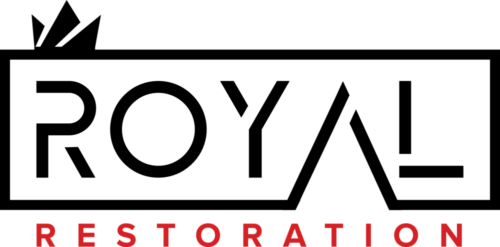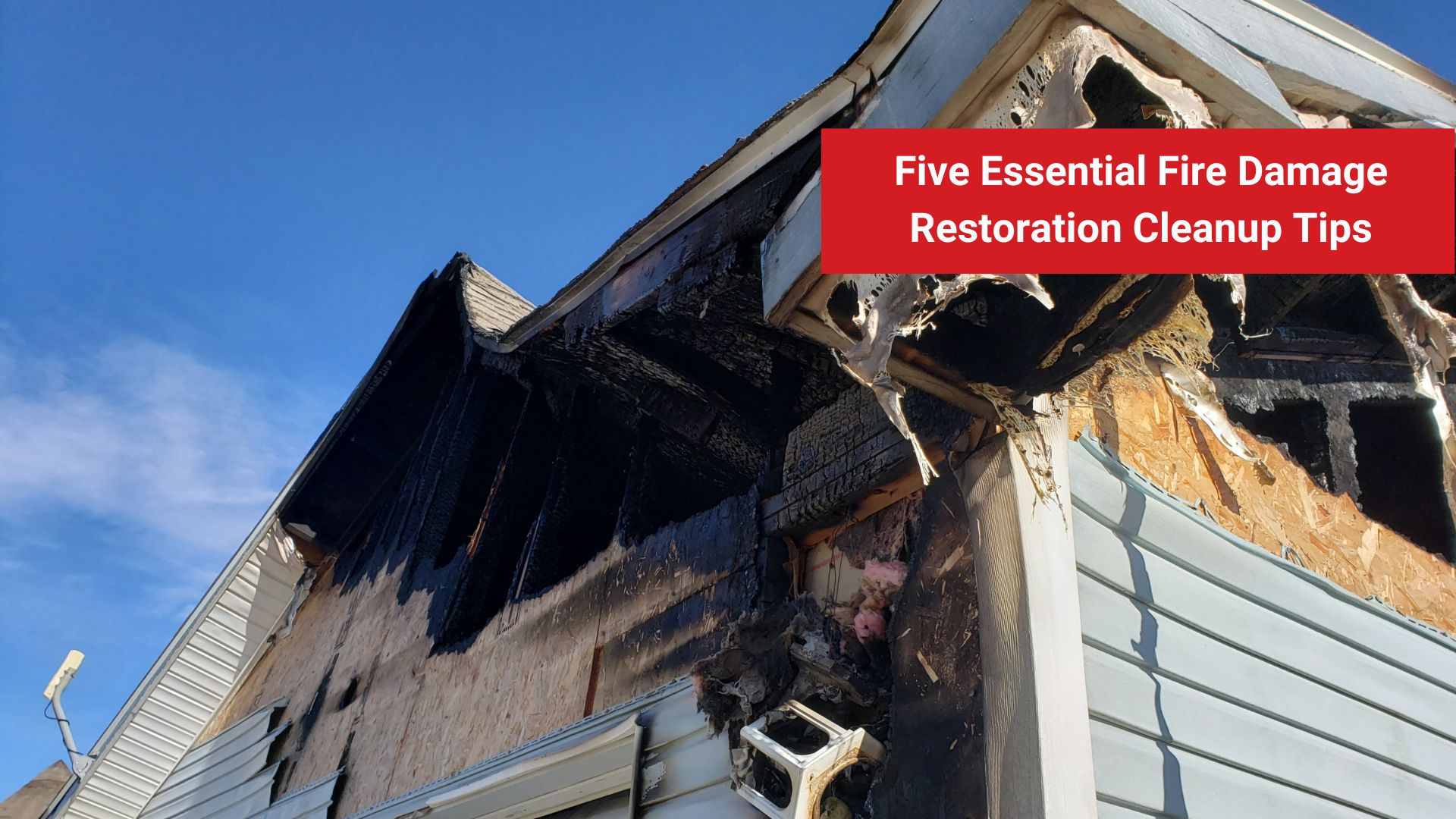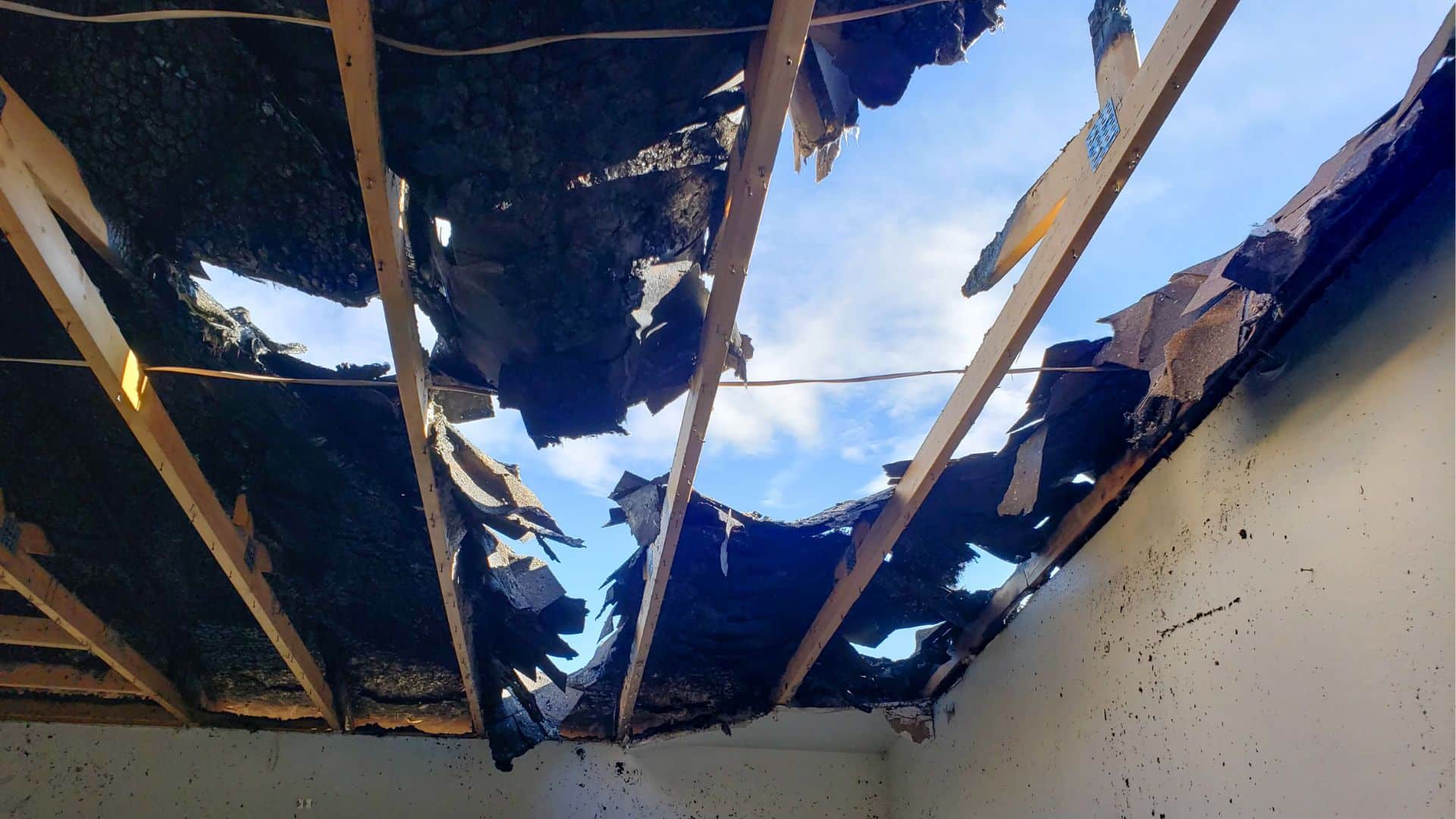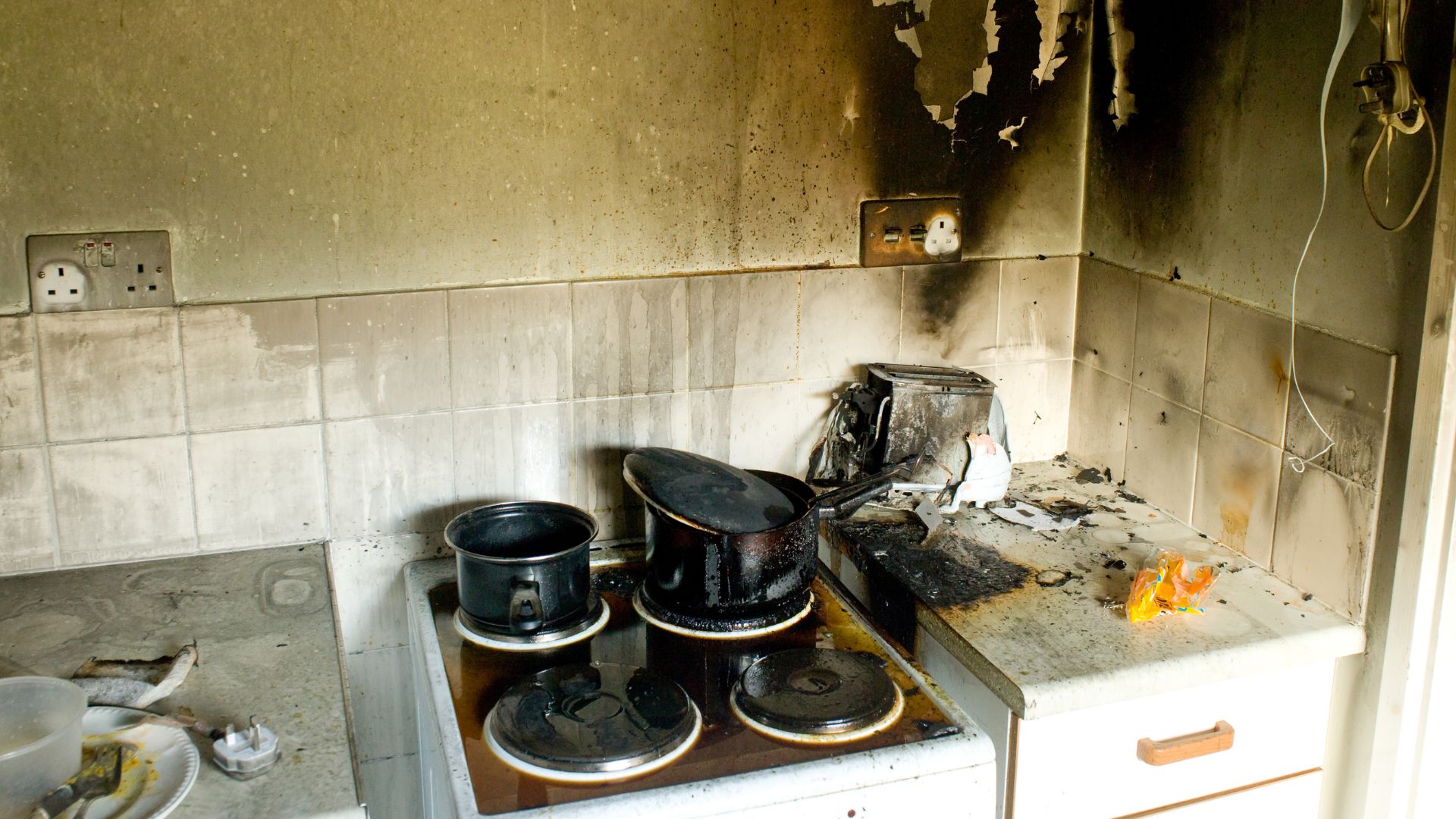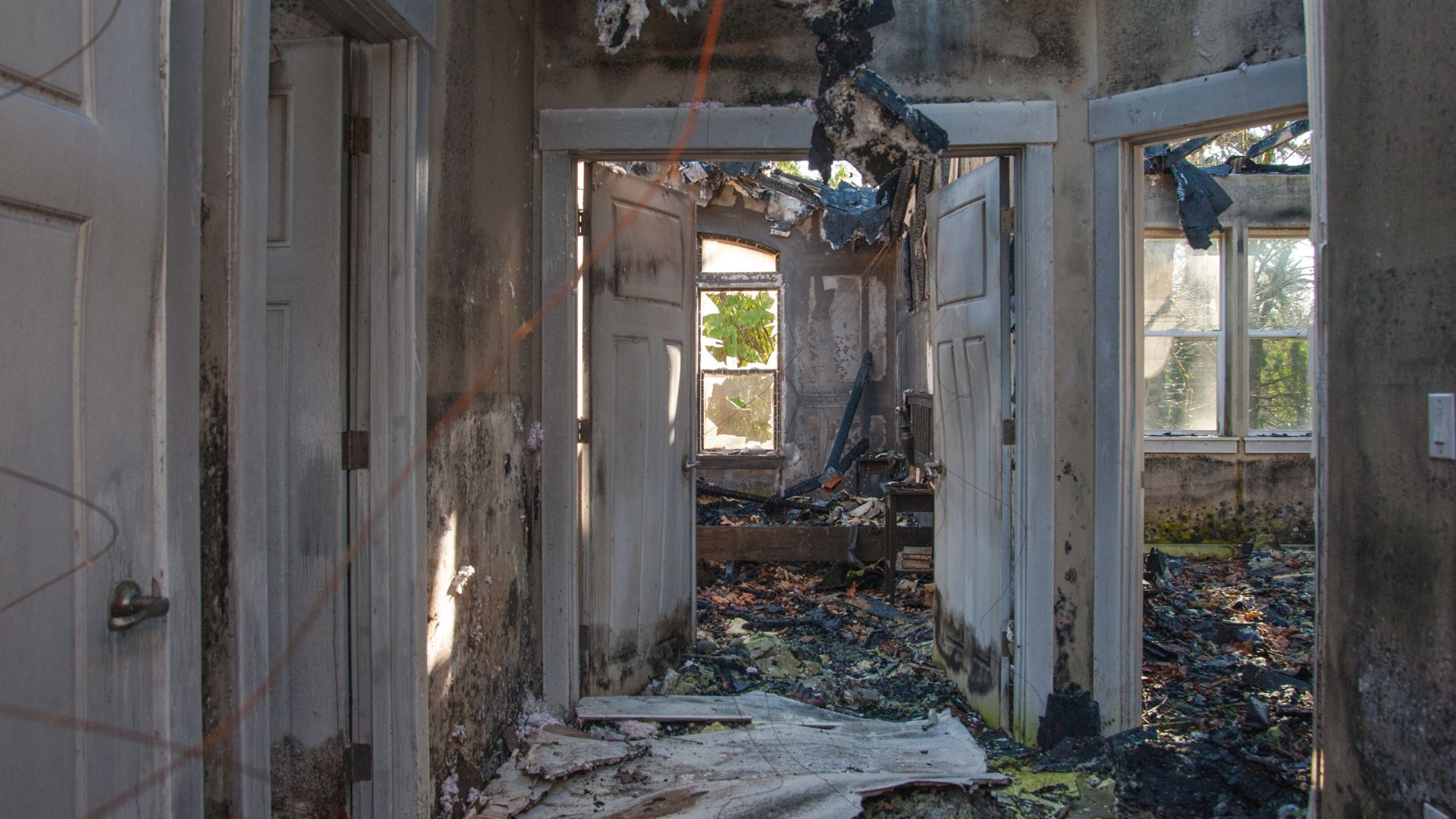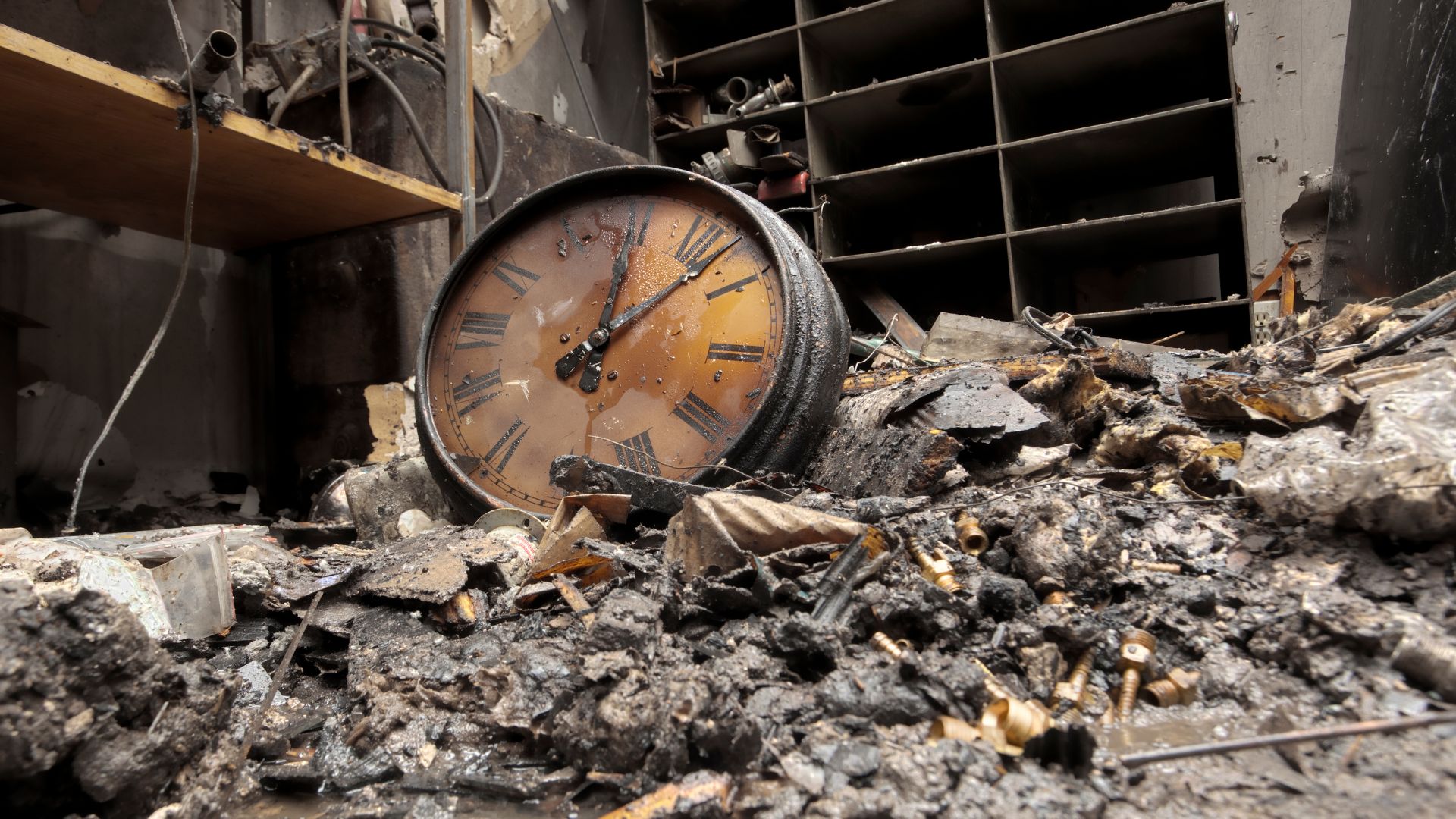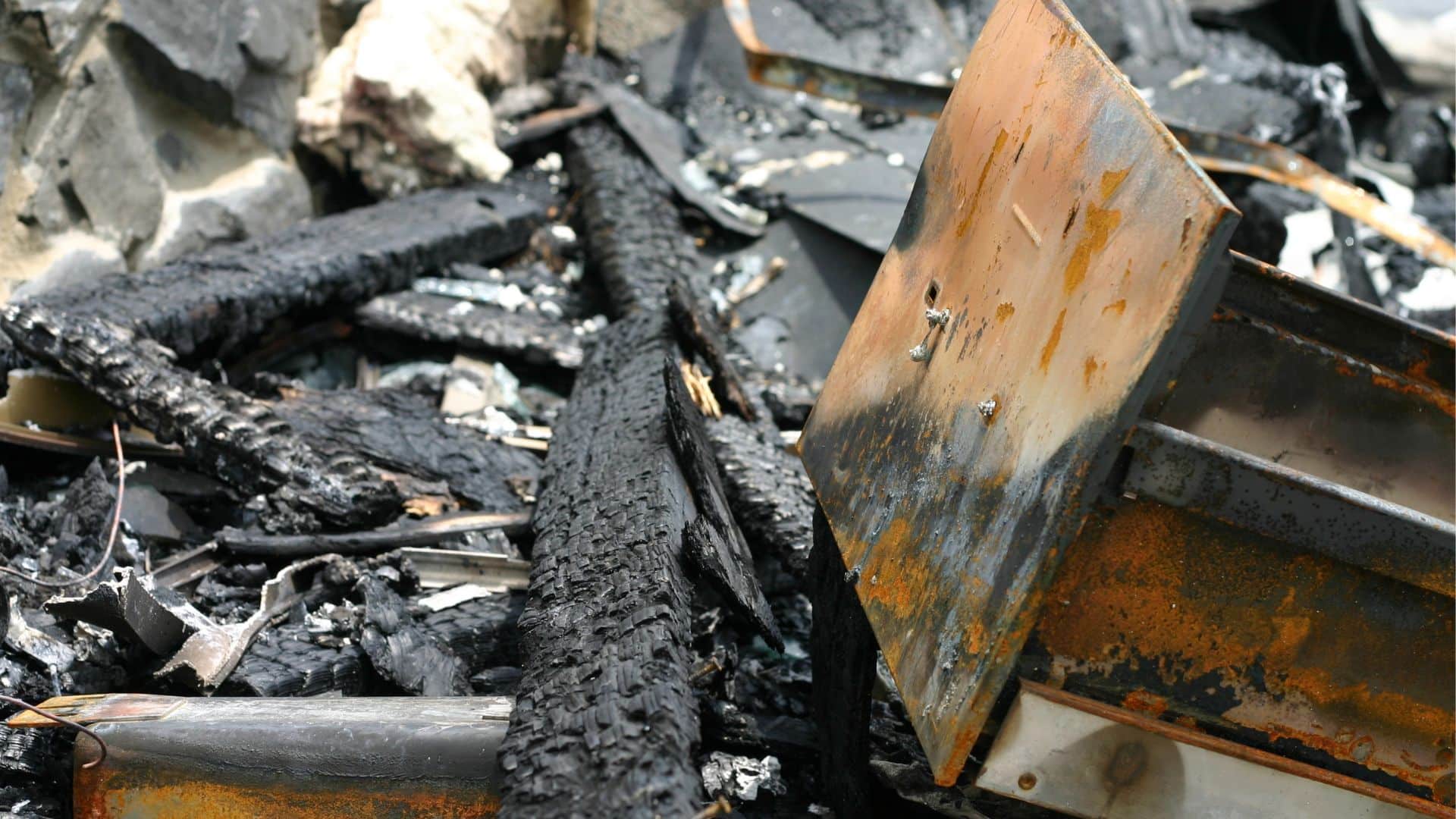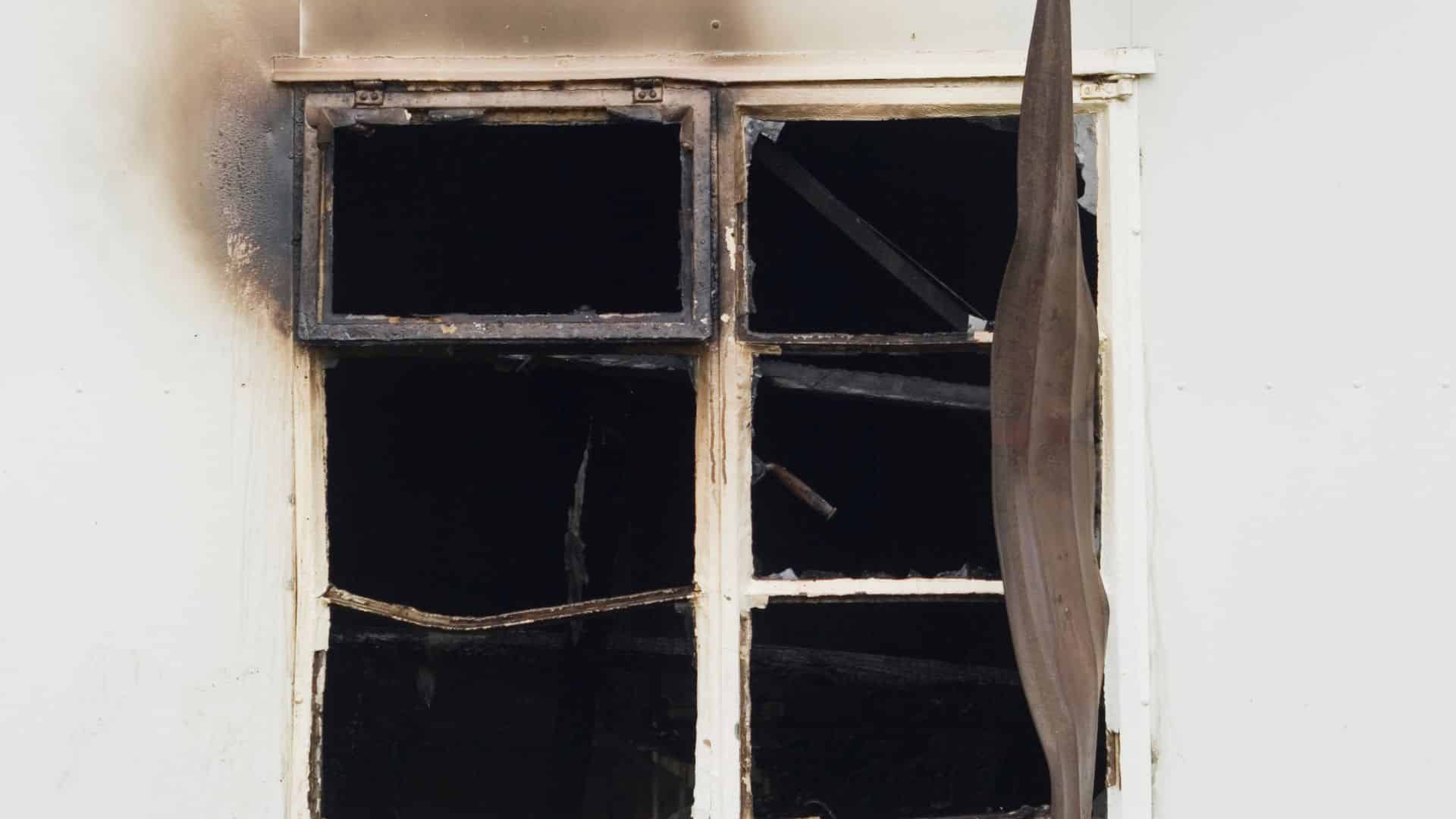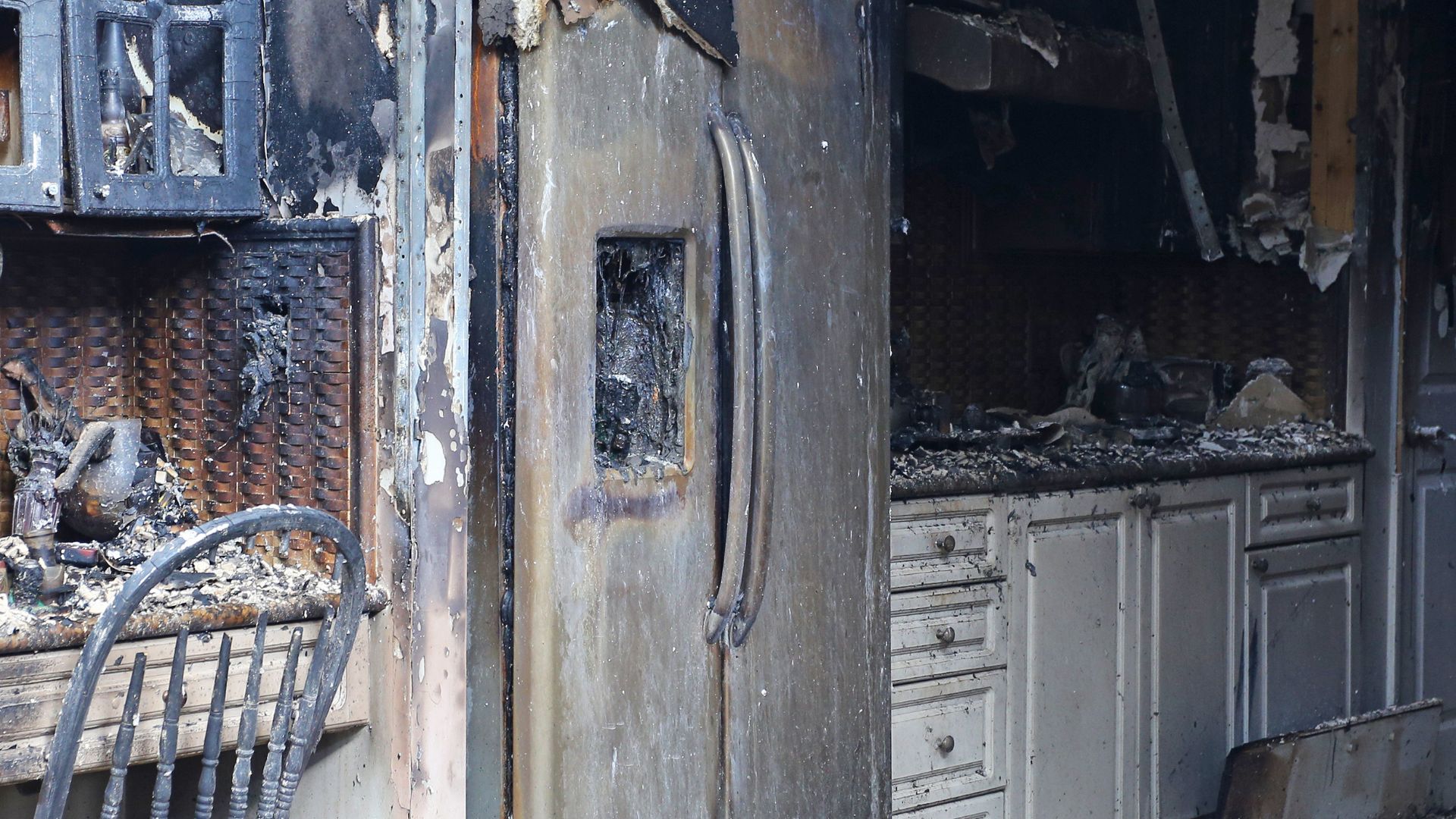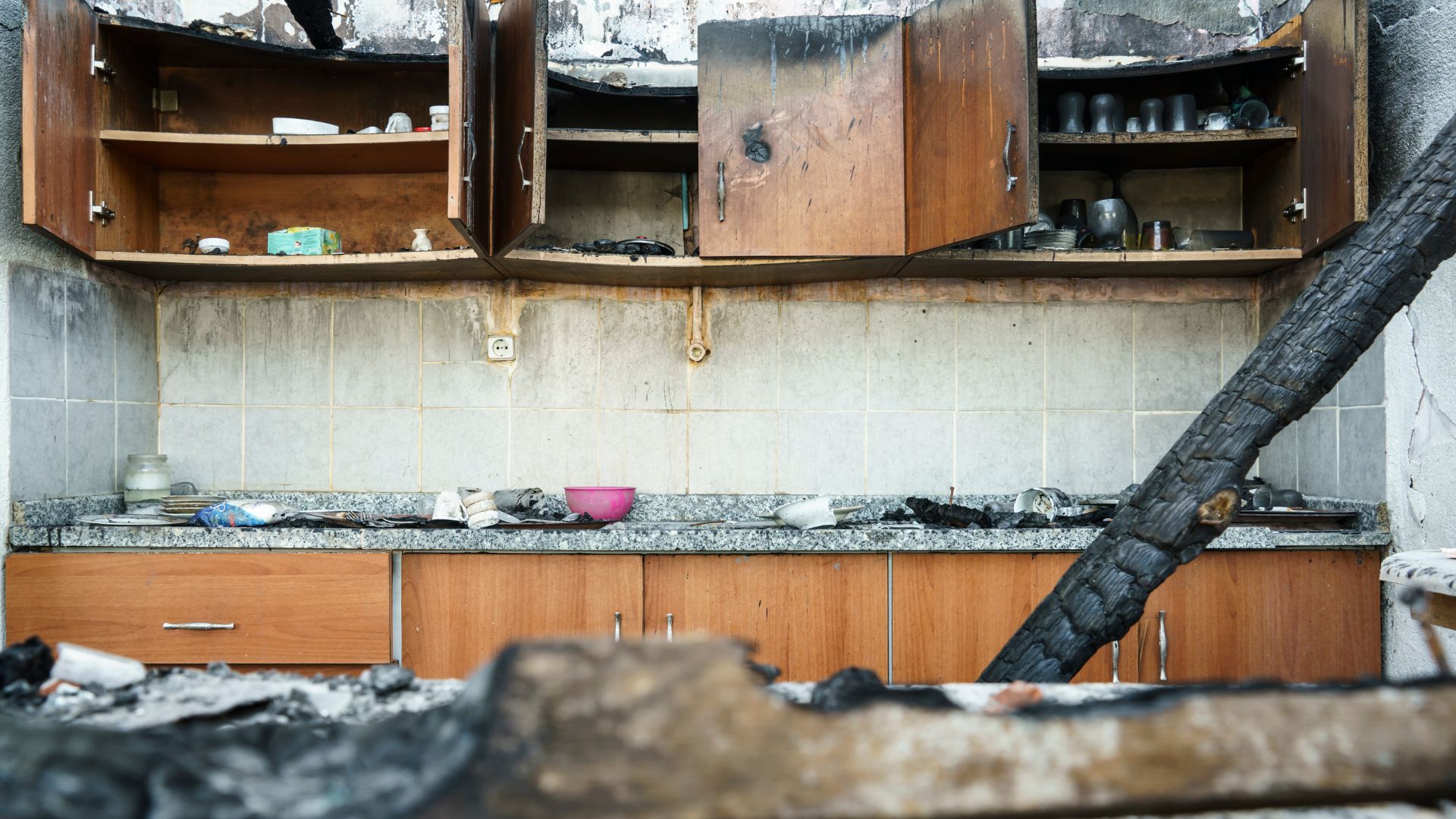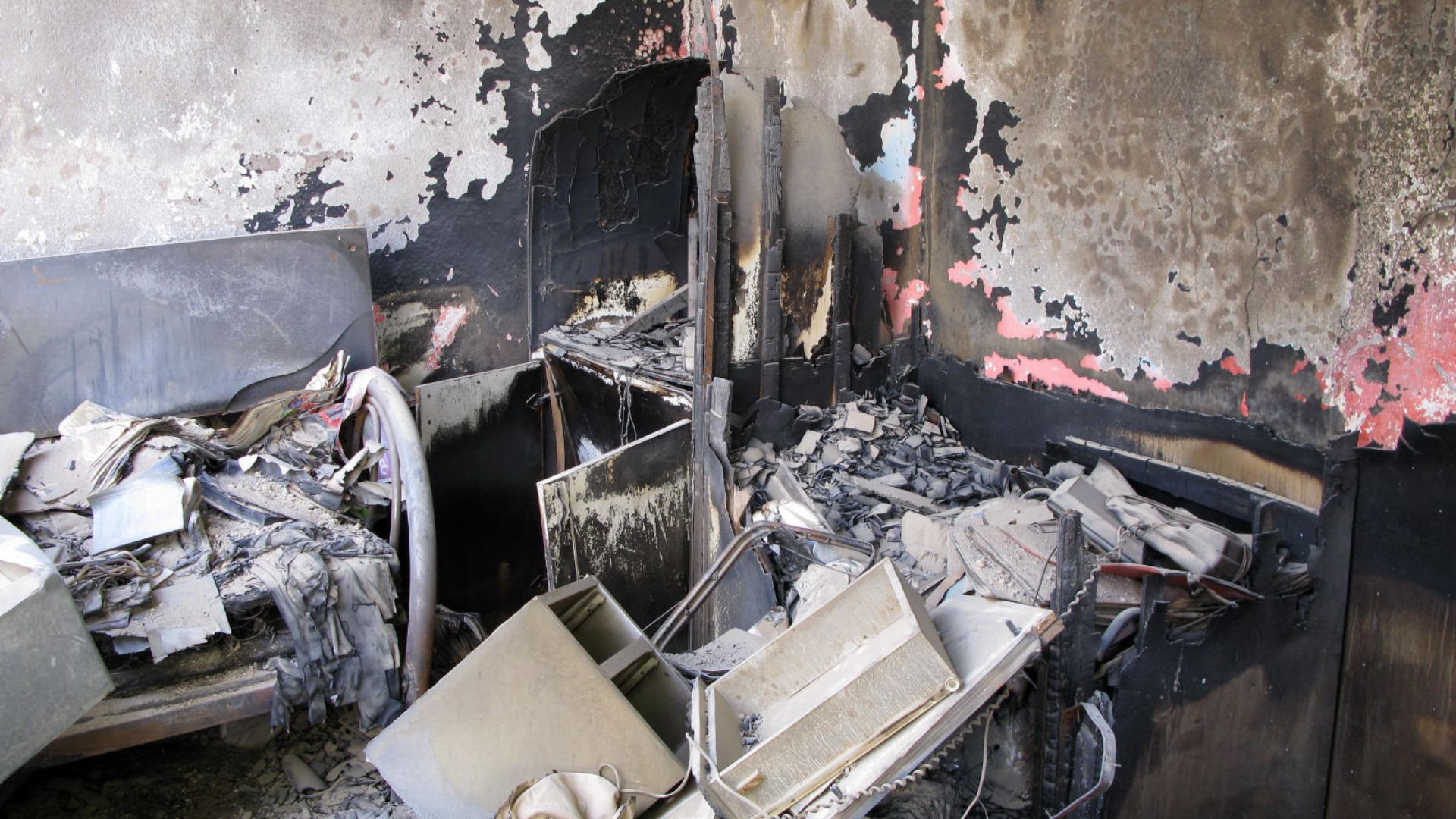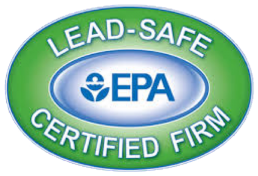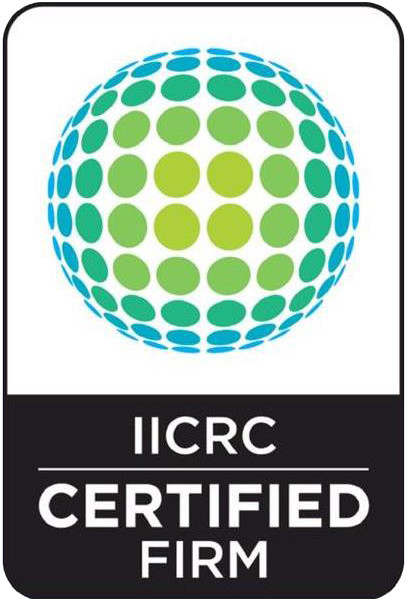Fire is one of the most devastating disasters that can destroy any property. Even a small spark can be very destructive. Fire damage can be a traumatic event for anyone. This is why it is important to ensure a safe cleanup and fire damage restoration process.
Smoke and soot created by fire can be challenging to clean. The wrong cleaning techniques can spread soot around the house, making stains remain permanent and can jeopardize your health.
This article will provide you some fire damage cleanup and restoration tips, so you’ll be able to handle the aftermath of fire with care and restore your property to its pristine condition.
Table of Contents
Safety First
Cleaning up after a fire can be a dreadful task, it is essential to take proper precautions before starting. Prepare all the proper safety gear, including masks, eye protection and rubber gloves. Being aware of the materials you are dealing with will prevent any untoward incidents.
Check and turn off the power and water supply and keep an eye for any debris or equipment that might fall into or onto you. Keep your area clear by not placing any heavy apparatus on the ground while cleaning. Furthermore, throw out all flammable items in their high-profile trash bins where they are fire-safe.
Keep the Space Well-Ventilated
Even after the firefighters put off the fire, fumes and fumes stay, which can be a substantial threat to your home. So, open the home’s windows and doors to keep the air flowing in the area.
Using industrial fans will help you generate a strong cross current of air that pushes out odors. When doing so, make sure to plug your power cords in your neighbor’s home outlet, instead of doing it in your own outlet.
One important fire damage restoration tip is to never run the AC while cleaning the house, as it will circulate contaminated air into the ductwork and all throughout the property.
Dispose Contaminated Items
According to the National Ag Safety Database (NASD), anything that has come into contact with smoke, water, or chemicals used by firefighters should be discarded. This includes the following:
- Fresh produce, poultry, eggs, meat and fish
- Containers and packages that are opened
- Containers with waxed cardboard seals, or cork-line, as well as those with peel-off tops.
- Any food wrapped in paper, foil, plastic, cellophane, cardboard boxes or cloth.
- Spices, extracts, flour, seasonings and any other staples that are kept in canisters.
Disposing these items is a very important action as they heat from fire can activate food spoilage bacteria. Items in cans and jars should also be discarded. If you detect food in your refrigerator that has an off-flavor or smell, throw them right away. Remember to put your family’s health above all.
Contact your Insurance Provider
After calling the fire department, contact your home or business insurance provider. Your insurance agent will help you by telling you what you need to do immediately. The faster you inform your insurance company, the quicker you can get fire damage restoration service.
After a house fire, it is necessary to document as many pictures as possible. This will help the insurance provider assess the damage.
If unsure what to do, Call in the Pro’s
The after-effects of fire can be dangerous and toxic. They can be carcinogenic which can present considerable health risk to your family. Therefore, leave all the deep-cleaning to your fire damage restoration contractor.
A reputable damage restoration company has a team of professionals who have the right access to the best equipment needed to protect themselves from harmful substances. They specialize in a wide range of restoration services and will provide you with a complete plan of action that they will take to restore everything to its original condition.
Do’s and Don’ts after the Fire
Following these do’s and don’ts will lessen the damage of your property:
Do
- Limit foot traffic in the house to prevent spreading of soot that can further seep in the house’s textiles.
- Frequently wash your hands and avoid touching any unsoiled surfaces.
- Water houseplants with fresh water to remove smoke and silt from the leaves.
- Put down old linens or floor runners to protect rugs, upholstered furniture and carpets.
- Open the doors of your refrigerator and freezer once the electricity has been shut off. This helps to prevent any smells.
- Change your HVAC filter.
- Tape two layers of cheesecloth over your home’s air filter.
- Cover any clean or unaffected pieces of furniture with plastic.
Don’t
- Don’t wash walls, painted surfaces or textiles by yourself- wait for your fire damage cleanup company to help you.
- Don’t consume fresh, canned or packaged food or drink that were in the house during the fire.
- Don’t turn any ceiling fixtures as wiring may still be compromised.
- Never clean electrical appliances that were close to or affected by fire. Call an electrician or let your fire remediation company evaluate these items first.
Stay Away from Electrical Outlets and Wirings
Burnt wires and damaged outlets are expected aftermath effects of fire. To prevent yourself from getting electrocuted and damaging your appliances, avoid plugging into outlets. Avoid any wires with cuts and burns. It’s best if you let a professional electrician do the repairs before you use any appliances.
Sort and Protect Items that weren’t Damaged
Soot, fire, and water damage can spread to all items inside your burnt house. After the place has been secured to be safe, it’s best if you pick out those items that weren’t damaged by fire and water. Preserve their condition by isolating them from the rest. You can store them in a place in your house that is not damaged by fire.
Throw those that cannot be repaired
It may sound like a waste, but you cannot do anything for your belongings that can no longer be reused or repaired after the fire. If you keep them, there’s a chance it can contaminate other things, which increases the cost of fire damage.
Are you dealing with the Aftermath of Fire? We can help
Dealing with a fire cleanup on your own can be overwhelming and complex. If you’re not extra careful, you can end up causing further damage to your property and hurting yourself. Make sure to follow the tips above to ensure safety and successful cleanup.
Should you have any questions about our services, feel free to visit us on Facebook or contact us
